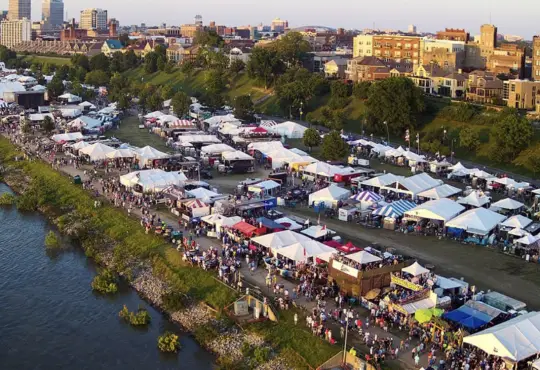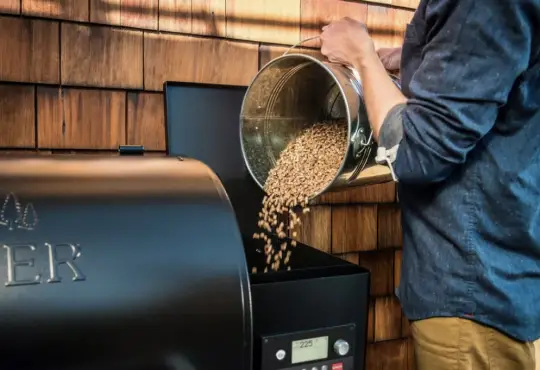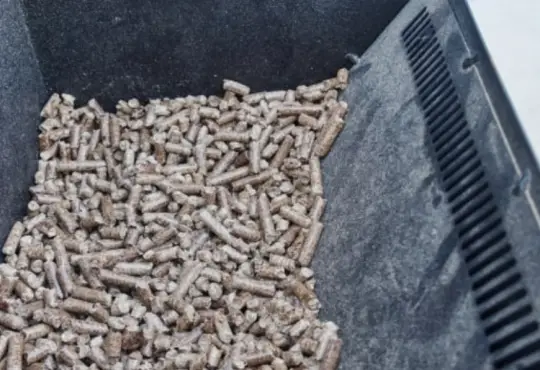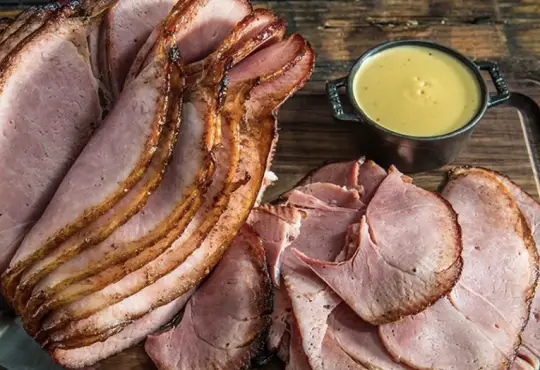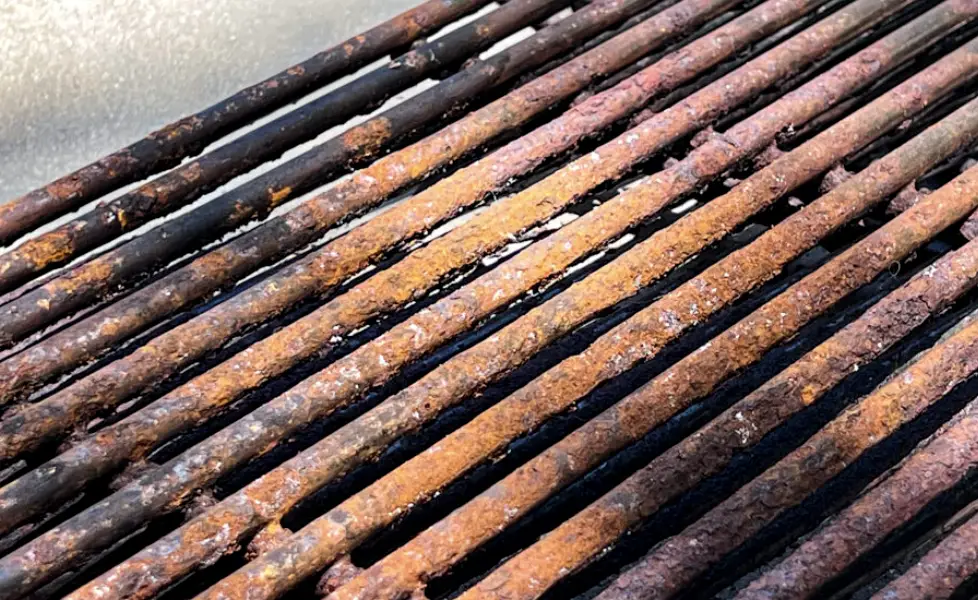
Unraveling the Rust Mystery: Why Do Gas Grills Rust Out?
Gas grills are a beloved addition to outdoor cooking spaces, offering convenience and efficiency for grilling enthusiasts. However, one of the most common challenges that gas grill owners face is the eventual rusting of their prized possession. Rust not only affects the appearance of the grill but can also compromise its performance and durability. In this blog post, we’ll explore the various factors that contribute to gas grill rusting and provide essential tips to help prevent and address this pesky issue.
- Exposure to the Elements
Gas grills are designed to withstand outdoor conditions, but prolonged exposure to the elements can take a toll on their surfaces. Rain, snow, humidity, and even salty sea air can lead to the accumulation of moisture on the grill’s metal surfaces, which accelerates the rusting process.
- High Heat and Grease Buildup
Gas grills are subjected to intense heat during cooking, and when combined with grease and food debris, it forms a potent combination for rusting. The grease and residue act as a trap, holding moisture against the grill’s metal surfaces, leading to corrosion.
- Low-Quality Materials
The quality of materials used in the construction of the grill plays a crucial role in its longevity. Lower-priced grills often use inferior materials that are more susceptible to rusting. Stainless steel grills, while more resistant to corrosion, can still rust if they contain a lower grade of stainless steel or are poorly maintained.
- Lack of Regular Maintenance
Proper and regular maintenance is key to extending the life of a gas grill. Failure to clean the grill after each use or neglecting to cover it when not in use can contribute to rust formation.
- Salt and Chemical Exposure
If you live near coastal areas or use chemical cleaners on your grill, these elements can accelerate rusting. Salt in the air and chemicals from cleaning agents can cause corrosion and deterioration of the grill’s surfaces.
Tips to Prevent Gas Grill Rusting:
- Cover the Grill: Invest in a high-quality grill cover that fits your gas grill properly. Covering the grill when not in use protects it from rain, snow, and other environmental elements.
- Clean After Each Use: After grilling, clean the grates and remove any grease or food residue. Use a grill brush or scraper to prevent grease buildup.
- Season the Grill: Applying a thin coat of vegetable oil on the grates and interior surfaces can create a protective barrier against moisture and rust.
- Store Indoors during Harsh Weather: If you experience extreme weather conditions, consider storing the gas grill indoors during the winter months to protect it from the elements.
- Use High-Quality Materials: Invest in a gas grill made of high-quality materials, such as 304-grade stainless steel, which offers better resistance to rust and corrosion.
Conclusion
While gas grills are susceptible to rusting due to exposure to the elements, high heat, grease buildup, and low-quality materials, taking proactive steps can significantly extend their lifespan. Regular cleaning, proper maintenance, and investing in a quality grill cover are essential to preventing gas grill rusting. With proper care, your gas grill will continue to be a reliable and enjoyable companion in your outdoor culinary adventures for years to come. So, protect your grill, fire up the burners, and savor the joy of cooking up delicious meals outdoors. Happy grilling!

